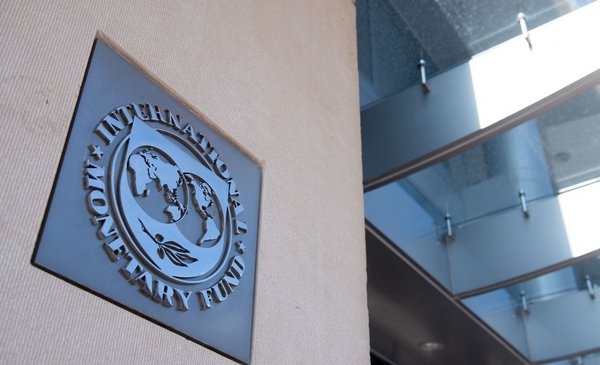The International Monetary Fund (IMF), highlighted the economic recovery of the country after the pandemic due to its institutional strength, its solid governance and the policy responses of the authorities.
At the same time, he pointed a series of new challenges, which in his opinion, are presented to the country. These assessments are part of the final declaration within the framework of his annual monitoring visit of the Uruguayan economy, in accordance with the provisions of the Article IV of the entity.
Growth
The agency anticipates that the economy slows down compared to 2022 (it would expand 4.9%), and grows around 2% during 2023, “although with a lot of uncertainty due to the effect of the drought”.
This growth would be underpinned by a strong tourist season, an increase in pulp production and exports, and robust private consumption given the recovery of real wages, he explains.
In addition, he pointed out that “The authorities’ solid track record in implementing sound macroeconomic policies in an uncertain context has improved the country’s resilience to shocks.”
This is reflected, he explains, in that Uruguay has maintained favorable market access and “enjoys historically low credit risk.” This despite having faced a series of unfavorable shocks (including the pandemic, the war in Ukraine, the tightening of global financial conditions, and the ongoing drought).
Public accounts, debt and fiscal rule
Regarding fiscal policy, the IMF pointed out that in the short term, The authorities’ plan “is consistent with meeting the objectives of the fiscal rule, safeguarding social cohesion.”
“The main short-term risk for fiscal policy is how the intensity and duration of the current drought will affect economic activity, although there is fiscal space available if necessary. The current fiscal plans would keep the debt of the Non-Financial Public Sector (NFPS) relatively stable, with limited risks in the short term, given manageable financing needs and favorable access conditions in the markets”, stated the IMF.
According to the document, once the impacts of the drought dissipate, “additional fiscal efforts would be necessary to put the debt on a downward path and rebuild the room for maneuver for the application of policies.”
In this sense, the organization valued the advances of the fiscal institutionality and the fulfillment of goals. But he also indicated that bringing the NFPS gross public debt to a range of between 50% and 55% of GDP in the medium term would generate “sufficient policy margins to respond to shocks.”
On this point, the IMF reiterated that the fiscal rule could be complemented with a “explicit anchor” for the level of debt.
After peaking at 69% of GDP in 2020, NFPS gross debt decreased to 61% of GDP by the end of 2022, close to its pre-pandemic level.
“Under difficult external conditions, the authorities’ efforts to reduce debt after the pandemic are laudable, even though the debt-to-GDP ratio is at historically high levels,” the IMF stated.
Monetary and exchange policy
The report held that the “contractive” bias of monetary policy is “adequate”, and that the Central Bank (BCU) it should hold until inflation and inflation expectations have converged in a “sustained” manner within the target range. That is considered “crucial” to strengthen the credibility of monetary policy and support de-dollarization efforts, the IMF says.
On this point, the report acknowledges that the recently implemented changes “have improved the efficiency in the transmission of monetary policy, but reinforcing the independence of the Central Bank would further improve credibility and support the continuity of policies,” it says.
reform agenda
Elsewhere, the report finds that structural reforms remain “critical” to increase productivity, educational attainment, investment and growth.
In addition, it highlights that despite recent improvements in the efficiency and productivity of the public enterprises, efforts must be redoubled in this area. “Their rates should reflect costs and be set by independent regulators, while the cost of social programs should be financed transparently from the budget, and not through the current practice of cross-subsidies,” the report says.


















